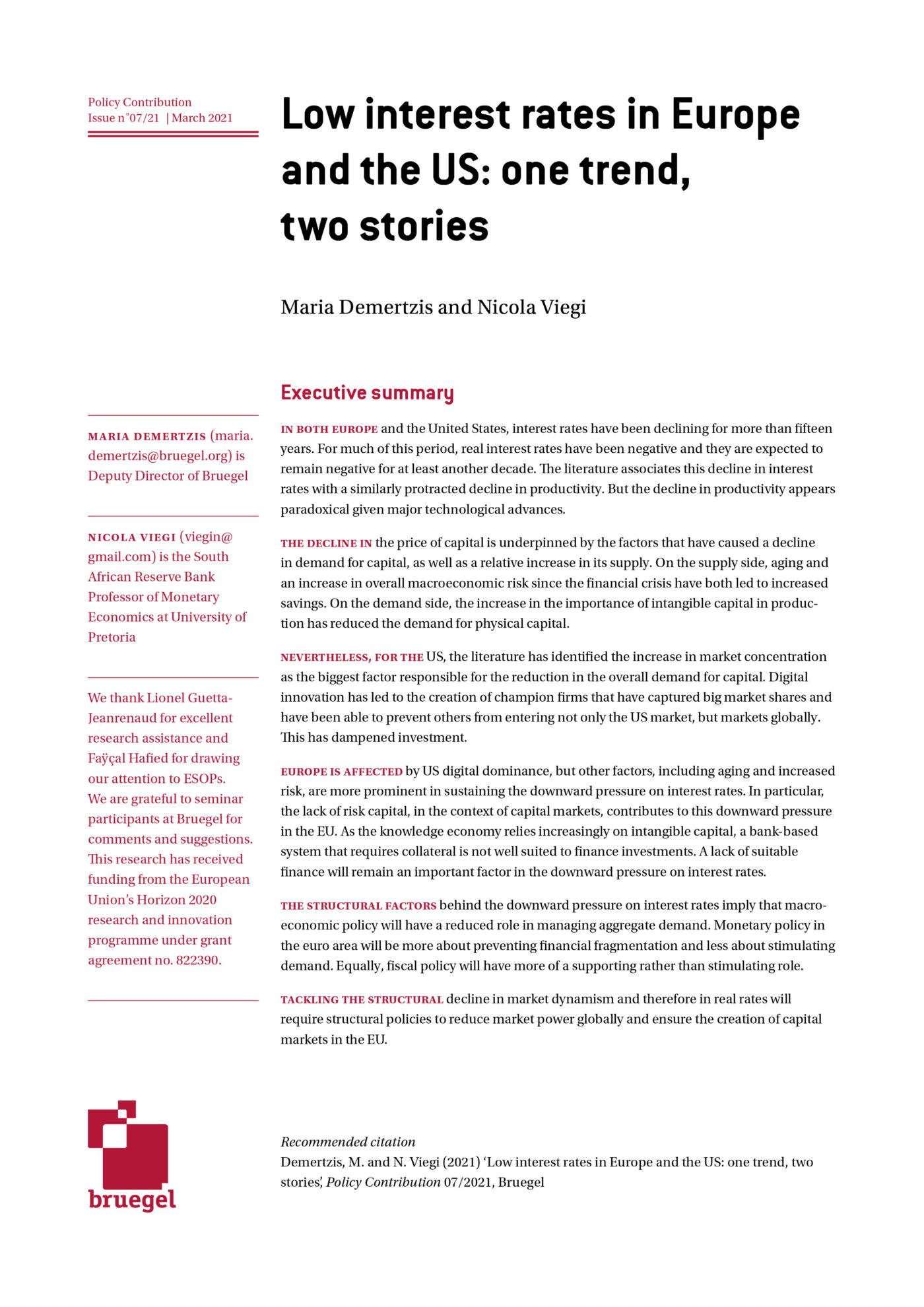External authors

Nicola Viegi
Professor, School of Economics University of Pretoria
He is the South African Reserve Bank Professor of Monetary Economics - University of Pretoria, SA since 2010. He has served in various universities like University of Strathclyde as Research Fellow, University of Strathclyde as Lecturer in Economics, University of Kwazulu-Natal as Senior Lecturer in Economics and University of Cape Town as Associate Professor in Economics. He has been Visiting Lecturer in ESC Toulouse, Lecturer in Business Economics (1999-2002), University of Malta, Lecturer in International Finance (1999-2002) and De Nederlandesche Bank, Amsterdam (2000-present).
His research areas are Monetary economics, economic policy theory, monetary fiscal policy interdependence, political economy of monetary institutions, economic policy under uncertainty assets prices and monetary policy, regional integration in Africa, political economy of government debt, the economics of colonisation and decolonisation, macromodelling for emerging countries, economic growth and institutions.



